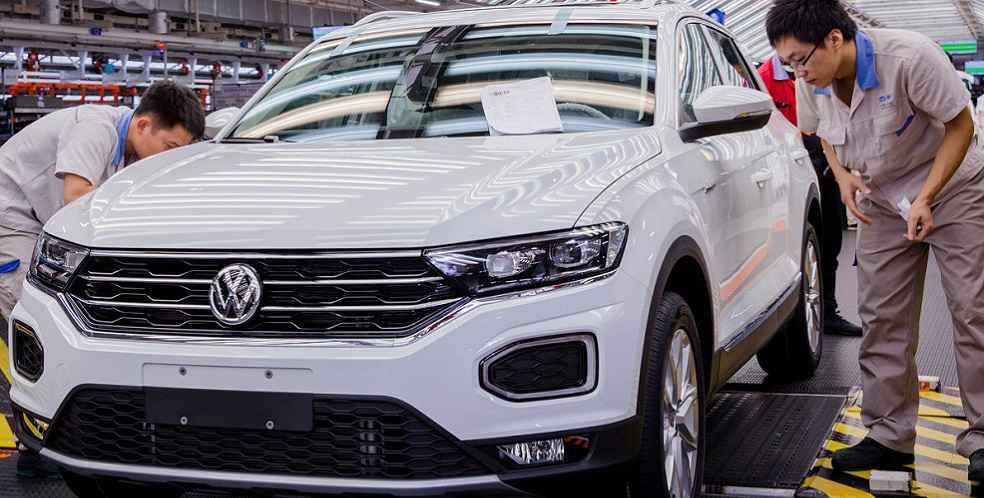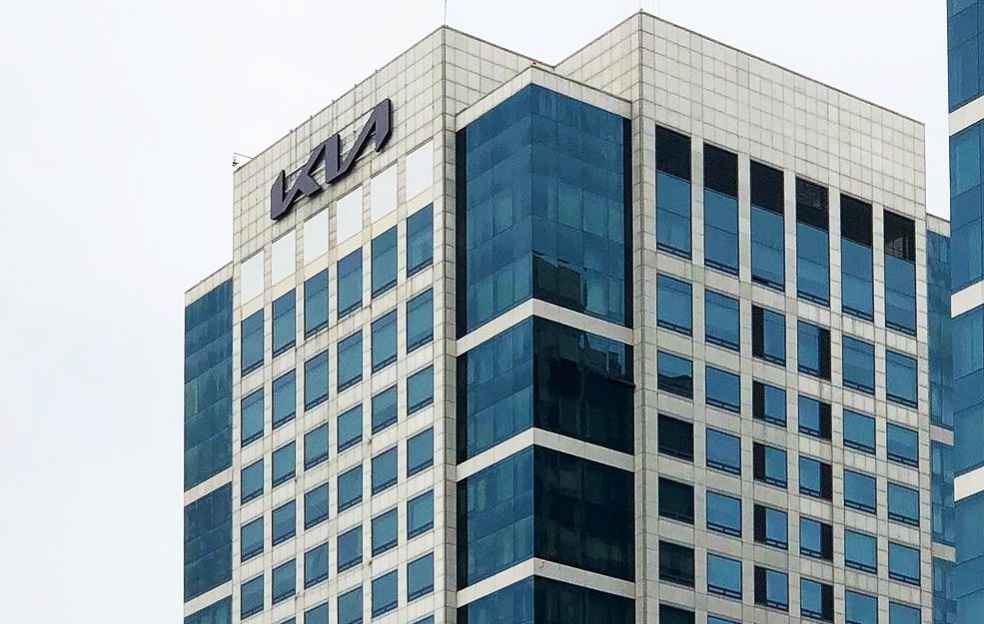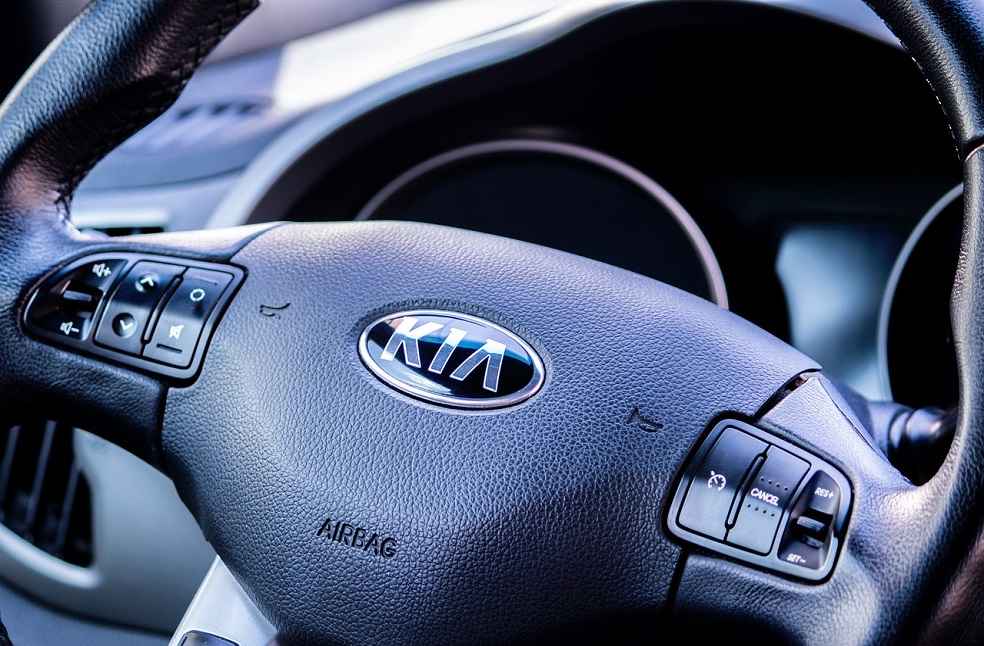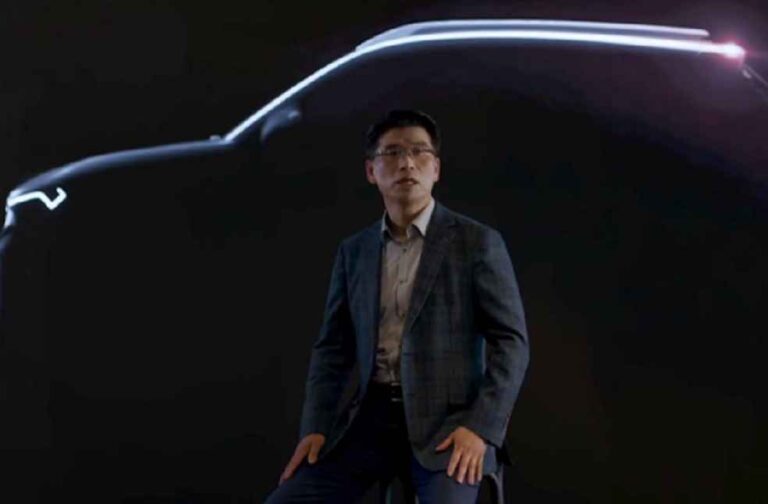Unwavering in its pledge to China’s immense automobile market, Kia Motors continues its strategic march forward. Even in the face of recent sales downturns, President Ho-sung Song projected a bullish confidence about the company’s potential in an interview with Yicai.
Despite other automobile firms contracting their Chinese operations following underwhelming sales, Kia Motors continues to demonstrate an audacious stance. The Chinese market holds the title of the world’s largest, Song conveyed, reiterating that Kia cannot abandon such a potential-laden landscape.
Electric vehicles (EVs) form a significant part of the Seoul-based company’s revitalized strategy. Aiming to debut six distinct electric models by 2027, Kia intends to accelerate sales to 180,000 units by 2030. These figures are set to contribute a formidable 40% to the company’s total sales.

President Song outlined marked differences between Chinese and Western automobile consumers. Those from China express a greater interest in elements like vehicle intelligence, Internet of Vehicles (IoV), and sophisticated entertainment systems. Western consumers tend to prioritize driving performance and overall quality.
Yet, Song anticipates a convergence of these diverse consumer preferences in the future. Kia’s success in China isn’t just about meeting current market demands, it’s crucial for aligning with shifting tastes across the Atlantic.
Reflecting on past strategy, Song confessed that Kia overlooked opportunities within China’s flourishing new energy vehicle sector due to a dearth of EV models in the past half-decade. The company plans to reverse this course by launching one new EV model every year, starting with the EV6. This model represents Kia’s first all-electic entrant into the Chinese market and will be available for purchase this month.

Embracing China’s appetite for smart technology, Kia will construct an integrated auto data cloud. This system, coupled with smart interconnectivity features, will be a staple in all new models introduced after 2025. Shanghai has already seen the testing of vehicles equipped with the Level 4 self-driving system developed by Hyundai Motor and Kia.
“EVs are developing quickly in China, but 70 percent of local dealers are losing money. Long-term loss-making operations are not the direction of market rules development. Kia must find a balance.” He underscored Kia’s obligation to bolster dealer profitability and ‘find a balance.’
Broadening its strategic reach, Kia’s Chinese division has forged alliances with substantial auto dealership groups such as Malaysia’s Sime Darby and Hong Kong’s Kam Lung Motor Group. The goal is to enhance dealer networks within China’s pivotal first-and second-tier cities.

The Yancheng factory of Dongfeng Yueda-Kia Motor, a collaborative venture between Dongfeng Motor, Jiangsu Yueda Group, and Kia, is on the cusp of becoming the global exports powerhouse for the Korean company. Kia’s vision is to escalate the plant’s yearly exports to surpass 250,000 cars by 2029, a testament to the company’s steadfast commitment to both the Chinese market and the global EV sector.
LATEST | DB12 Super Tourer Unveils in Kuala Lumpur, Marks Dual Milestones





